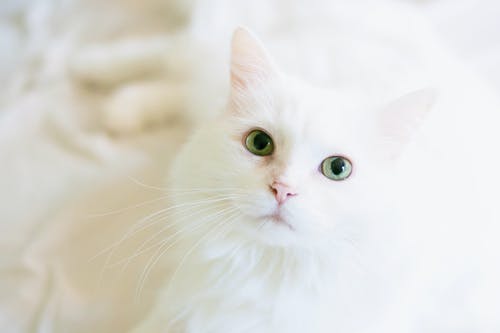If you have a pet, you also have a big responsibility. Your pet’s health is dependent on you. An important part of their health is getting routine vaccinations. What happens if they miss out on these vaccines? The answer to this question is what this article is about. We will explore why vaccines are so important for your pet’s health and what could happen if they are not given these vaccines on time.
The Importance of Pet Vaccinations
Your beloved pets depend on you for their health, and one of the most important health decisions you’ll make for them involves vaccinations. Vaccines help safeguard your pets from different types of deadly diseases. In fact, vaccines have saved many pet lives and continue to do so. They are crucial tools in maintaining your pet’s health. Now, let’s get into more detail on this topic.
- Routine vaccinations for pets: Vaccines are given to pets to prevent them from getting very sick. When vaccines are given, they work by making your pet’s body build protection or immunity against certain diseases. This way, if your pet ever comes into contact with the disease, their body is ready to fight it off. It’s a clever way of protecting them without them actually getting sick.
- Vaccination schedules for pets: Depending on your pet’s type, health status, and where they live, the timing of their vaccines may be different. Some pets need vaccines yearly, while others need them every three years. Talking with your vet will help you understand when your pet should get its vaccines.
- kitten vaccinations: Just like human babies, kittens require vaccines, too. Kittens start getting vaccines when they are six to eight weeks old. These vaccines are very important because they protect the kittens from very dangerous diseases like feline distemper and rabies.
Repercussions of Missing Routine Vaccinations
If pets do not get their vaccines on time, they are put in a very dangerous position. Missing vaccines increases the risks for various illnesses and diseases. This could lead to them being unwell or even shortening their lifespan. Let’s dive into what these repercussions could be.
- Pet disease prevention: When your pet gets vaccinated, they are protected from certain diseases. If they miss out on these vaccines, they are at risk of getting those diseases. For example, dogs could get parvovirus and cats could get feline leukemia if they are not protected by their respective vaccines.
- Infectious diseases in pets: Pets that don’t get vaccinated can get diseases from other animals. These diseases include rabies, distemper, and parvovirus in dogs and panleukopenia, and calicivirus in cats. The more vaccines your pet misses, the higher their risk of getting these diseases.
- Animal health check-ups: Regularly taking your pet to the vet is just as important as getting their vaccines. The vet can check their body and make sure they are healthy. They can also give them any tests they might need to check for diseases.
Role of a Vet Internal Medicine Specialist
Some pets have health issues that are more serious and complex than what a regular vet can handle. For such cases, these pets are sent to a special vet called a vet internal medicine specialist.
- Internal medicine for animals: These special vets are very knowledgeable about the insides of an animal’s body. They can identify and treat diseases that affect an animal’s insides. If your pet has a sick heart, stomach, or brain, for example, an internal medicine specialist could help them.
- Pet pathology: When your pet is sick, sometimes tests need to be done to figure out what’s wrong. Vet internal medicine specialists can look at these test results and figure out what disease your pet may have.
- Pet health maintenance: Keeping your pet healthy involves more than just giving them their vaccines. Proper nutrition and exercise are important too. Lead an active lifestyle with your pet to help keep their body strong and healthy.
Geriatric Care in Pets
As pets get older, they need more than just vaccines and regular check-ups. Understanding how to care for older animals is necessary for their health.
- Senior cat care vet specialists: Older cats might start acting differently than they did when they were younger. Senior cat care vet specialists know about these changes and can help you understand them. They can also provide your cat with the care it needs during its old age.
- Aging pet health concerns: Older pets can have health problems just like older people. Some might have bad joints, poor sight, or dental diseases. Regular check-ups are key to catching these problems early and managing them effectively.
- Geriatric pet health management: Managing your older pet’s health is a teamwork between you and your vet. Your pet might need help with pain, controlling their weight, or dealing with behavior changes. Eating good food, exercising regularly, and visiting the vet often can help your pet feel their best as they age.
To End
In conclusion, vaccinations are a powerful tool in preventing your pet from getting sick. If they miss out on these vaccines, they could get very sick from diseases or even die earlier than they should. By ensuring they get these vaccines on time, you can help protect them from these risks. It’s important to work closely with your vet to create a health program that’s best for your pet.
This includes making sure they eat well, exercise often, and get their regular check-ups and vaccines. Being a responsible pet owner isn’t always easy, but it’s always worth it when you get to enjoy your pet’s healthy and happy life.

